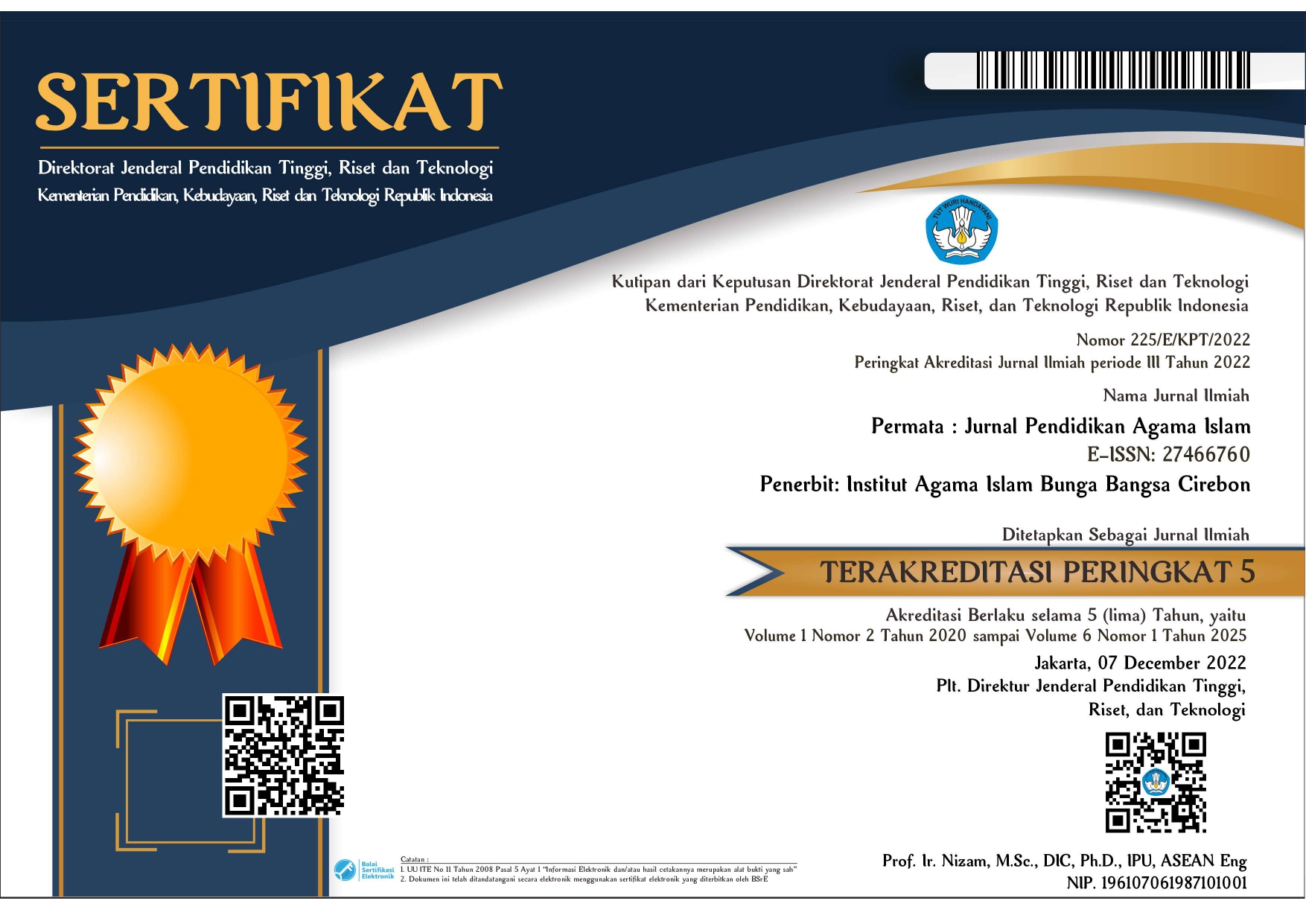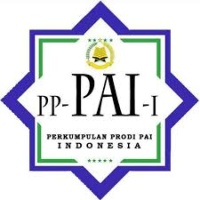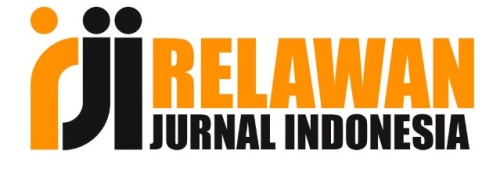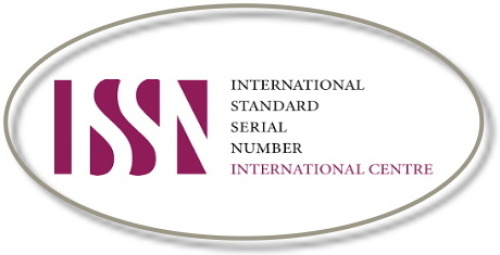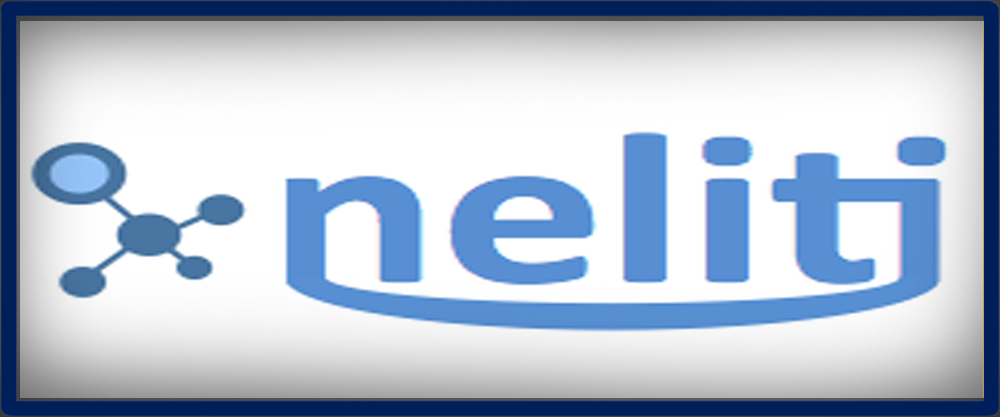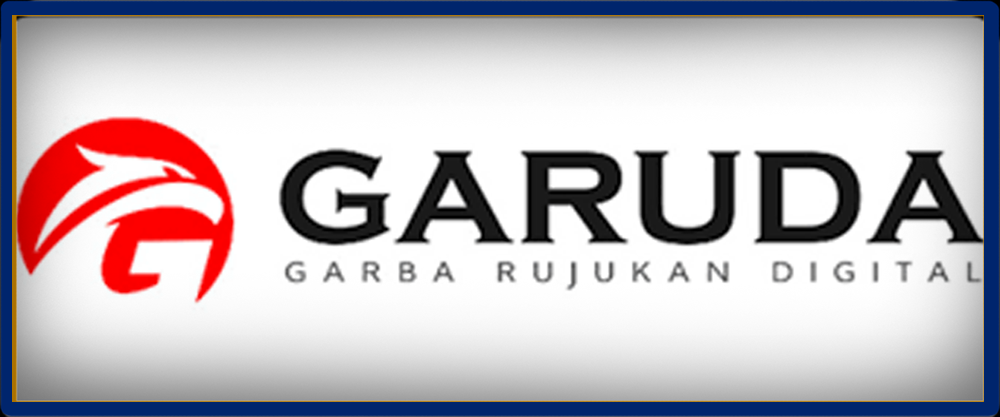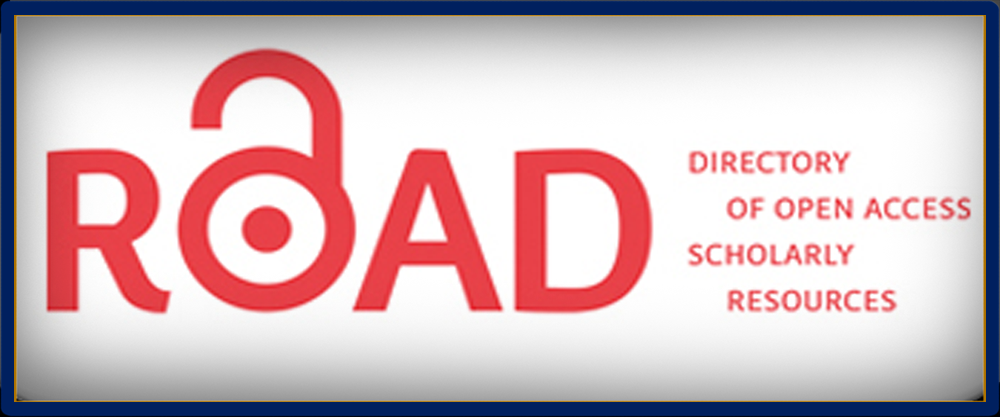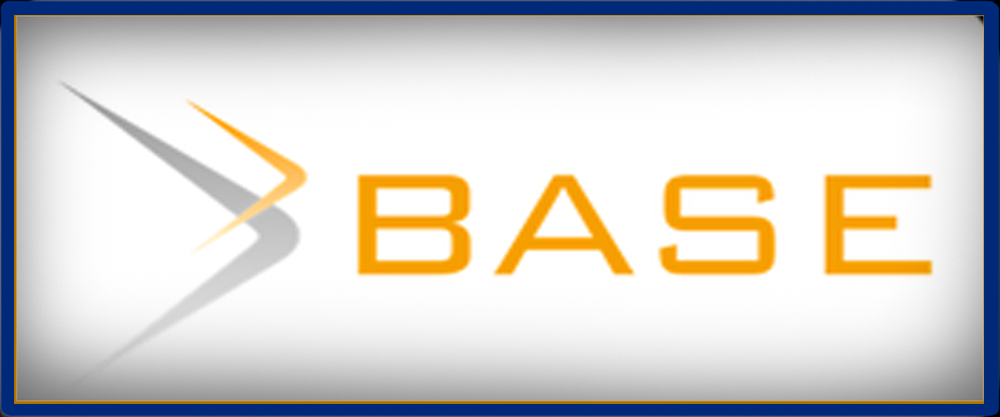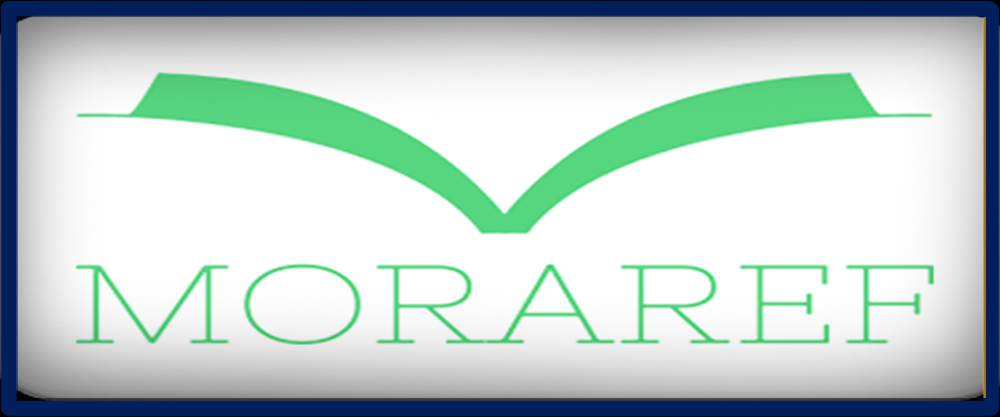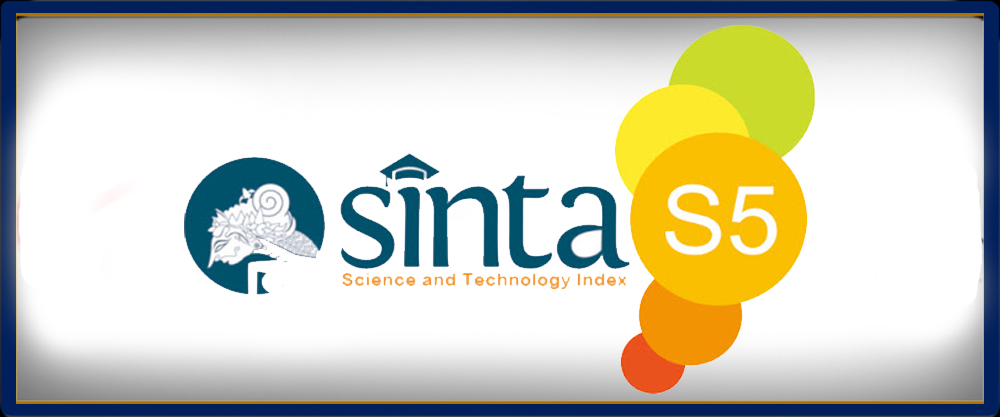Implementasi Standar Pendidikan Islam Non Formal MDT (Madrasah Diniyah Takmiliyah) di Indonesia
Abstract
MDT education Model in Indonesia today in reality that the existence of Madrasah Diniyah Takmiliyah not dimasifkan quantity. The problem is whether the community is interested in sending (learning) to MDT? From the background of the above problems, the researchers want to analyze about: (1) How the implementation of non formal Islamic education standards MDT in Indonesia. (2) What obstacles are faced, and how the solution.Research methods are descriptive analytical, where research sources obtained through the study of literature.
The results prove that the implementation of non formal Islamic education standards MDT in Indonesia there are several obstacles in its implementation include: (1) funding. (2) The Power of teaching. (3) facilities and facilities, as well as. (4) Time / Lesson Hours. So it takes a solution or effective steps in optimizing Madrasah Diniyah Takmiliyah in Indonesia.
The solution is: (a) the need to improve the quality of academic by equipping students with the ability to religion properly and correctly. (b) the need to install human resources by selecting qualified teachers and optimal management. (c) maximization of the role, in addition to the collection of funds as a quality controller Madrasah Diniyah, also needed donors or donors who participated in helping in terms of funding. (d) the need to increase the role of parents, and local communities as objects as well as subjects of Education.
Keyword: Implementation Educational Standards; Non Formal Islamic Education; Madrasah Diniyah Takmiliyah.
Abstrak
Model pendidikan MDT di Indonesia dewasa ini secara realita bahwa keberadaan Madrasah Diniyah Takmiliyah tidak dimasifkan kuantitasnya. Masalahnya adalah apakah masyarakat berminat untuk menyekolahkan (belajar) ke MDT? Dari latar permasalahan di atas, maka peneliti hendak menganalisis tentang: (1) Bagaimana Implementasi Standar Pendidikan Islam Non Formal MDT di Indonesia. (2) Kendala apa saja yang dihadapi, serta bagaimana solusinya. Metode penelitian bersifat deskriptif analitis, dimana sumber penelitian diperoleh melalui studi kepustakaan.
Hasil penelitian membuktikan bahwa Implementasi Standar Pendidikan Islam Non Formal MDT di Indonesia terdapat beberapa kendala dalam pelaksanaanya diantaranya meliputi: (1) Pendanaan. (2) Tenaga pengajar. (3) Fasilitas dan sarana, serta. (4) Waktu/Jam Pelajaran. Sehingga diperlukan solusi atau langkah efektif dalam pengoptimalan Madrasah Diniyah Takmiliyah di Indonesia.
Adapun solusiyna yaitu: (a) Perlunya peningkatan kualitas akedemik dengan membekali siswa terhadap kemampuan Agama dengan baik dan benar. (b) Perlunya memasang sumber daya manusia dengan menyeleksi guru-guru yang berkualitas serta manajemen yang optimal. (c) Pemaksimalan peran, selain pengumpulan dana sebagai pengendali mutu Madrasah Diniyah, juga dibutuhkan penyumbang dana atau donatur yang turut serta membantu dalam hal pendanaan. (d) Perlunya meningkatkan peran orang tua, dan masyarakat setempat sebagai obyek sekaligus subyek pendidikan.
Kata Kunci: Implementasi Standar Pendidikan; Pendidikan Islam Non Formal; Madrasah Diniyah Takmiliyah.
Downloads
References
Afriantari, V. L., Haida, N., & Lasmana, M. I. (2022). Entrepreneurship Technology in Sharia Economic Perspective. ICOBBA_2021, 441-445.
Khozin, A. A., Pratama, F. A., Ridwan, M., Amin, N. M. F., & Lesmana, T. (2022). Inflation and the Stability of Islamic Finance. ICOBBA_2021, 404-409.
Marleni, E., Mustoip, S., & Sulkhah, S. (2024). Implementation of the Literacy Movement in Shaping Student Character in Elementary School. EduBase: Journal of Basic Education, 5(2), 120-130.
Munajim, A., Pratama, F. A., Ridwan, M., & Rohimah, I. (2022). The Operations of the Bank Wakaf Micro Indonesia with the Scheme for the Economic Empowerment of the People. ICOBBA_2021, 1-6.
Nasir, A., Busthomi, A. O., & Rismaya, E. (2022). Shariah Tourism Based on Local Wisdom: Religious, Income, Motivation, Demand and Value of Willingness to Pay (WTP). International Journal Of Social Science And Human Research, 5(08), 3811-3816.
Pratama, F. A., Ridwan, M., Yulianti, N., Ratnawati, R., Maulana, A., & Masitoh, S. I. (2022). Implementasi Persamaan Fungsi Non Linier Dalam Matematika Bisnis Pada Kehidupan Sehari-Hari. Change Think Journal, 1(03), 289-299.
Pratama, G. (2022). Comparative Study of The Empowerment of Zakat BAZNAS Indonesia and PPZ Malaysia. ICOBBA_2021, 212-216.
Putri, Y. D. S., Mustoip, S., Nisa, D. H., & Ramadhani, N. U. (2024). Implementation of Audiolingual Methods in Understanding Arabic Color Concepts in Class I SDIT Alif Mardiyah. JPS: Journal of Primary School, 1(2), 1-6.
Ridwan, M., Motik, D. P., & Nurwahid, H. I. (2022). Afzalur Rahman's Thinking Concept: Relevance with Worker Ethics According to Global Standards. ICOBBA_2021, 322-329.
Selasi, D., Agustiani, L. R., & Vidiati, C. (2022). Upaya Mengubah Pendapatan Usaha Mikro Kecil Menengah (UMKM) Melalui Digital Marketing. Jurnal Multidisiplin Madani, 2(3), 1247-1258.
Selasi, D., Munajim, A., & Komala, S. I. (2022). The Digitization of Islamic Philanthrophy In the Islamic Capital Market in Indonesia. ICOBBA_2021, 166-174.
Selasi, D., Munajim, A., & Komala, S. I. (2022). The Digitization of Islamic Philanthrophy In the Islamic Capital Market in Indonesia. ICOBBA_2021, 166-174.
Selasi, D., Muzayyanah, M., Tatmimah, I., Sari, F., & Indriyani, R. (2022). Contribution of Islamic Capital Market to National Capital Market. INCOME: Innovation of Economics and Management, 2(1), 1-7.
Selasi, D., Vidiati, C., & Munajim, A. (2022). Pertumbuhan Bank Syariah di ASEAN: Dalam Sejarah The Growth of Islamic Banks in ASEAN: In History. Ecobankers: Journal of Economy and Banking, 3(2), 157-171.
Selasi, D., Vidiati, C., & Munajim, A. (2022). Pertumbuhan Bank Syariah di ASEAN: Dalam Sejarah The Growth of Islamic Banks in ASEAN: In History. Ecobankers: Journal of Economy and Banking, 3(2), 157-171.
Selasi, D., Vidiati, C., & Sumarno, S. (2022). Pasar Menabung Saham Pada Pasar Modal Indonesia. Ecopreneur: Jurnal Ekonomi dan Bisnis Islam, 3(1), 68-77.
Selasi, D., Vidiati, C., & Tardjono, T. (2022). Sharia Capital Market: Securities Fatwa, Derivative Securities and Mechanisms. IJOBBA: International Journal of Bunga Bangsa Cirebon, 1(1), 1-24.
Selasi, D., Virdiati, C., Munajim, A., & Sujata, T. (2022). Kesejahteraan Masyarakat: Analisa Kualitatif Sistem Keuangan Komersial Islam-SIstem Keuangan Sosial Islam di Indonesia.
Stefanus, S., & Ridwan, M. (2022). Analisis Strategi Marketing Syariah Untuk Meningkatkan Omset Penjualan Pada Era Globalisasi Di Toko Emas Pantes Sindang Laut Kabupaten Cirebon. Change Think Journal, 1(01), 87-95.
Vidiati, C., Al-Ghozali, M. I., Faturrizky, I., Selasi, D., Munajim, A., & Tardjono, T. (2022). Effects of the Money Market and the Need for Knowledge of Interest Rates and the Foreign Exchange Market for Benefit: Evidence In Indonesia. IJOBBA: International Journal of Bunga Bangsa Cirebon, 1(1), 37-60.
Vidiati, C., Hendra, E., Selasi, D., & Sumarno, S. (2022). Menilik Tas’ ir Keadilan dan Maslahah. Ecopreneur: Jurnal Ekonomi dan Bisnis Islam, 3(1), 78-92.
Wartoyo, W., Haida, N., Mujab, S., & Umam, M. K. (2022). Sharia Marketing Model Pada Bisnis Laundry Syariah (Case Study Pada Zada Laundry Syariah Sumber Cirebon). PROFIT: Jurnal Kajian Ekonomi Dan Perbankan Syariah, 6(1).


